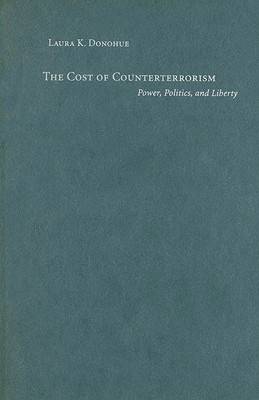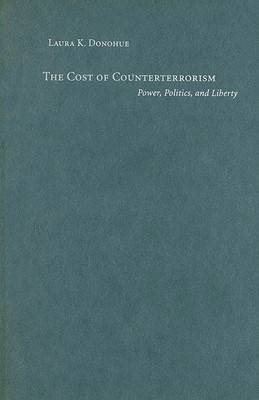
- Afhalen na 1 uur in een winkel met voorraad
- Gratis thuislevering in België vanaf € 30
- Ruim aanbod met 7 miljoen producten
- Afhalen na 1 uur in een winkel met voorraad
- Gratis thuislevering in België vanaf € 30
- Ruim aanbod met 7 miljoen producten
Zoeken
€ 175,95
+ 351 punten
Uitvoering
Omschrijving
In the aftermath of a terrorist attack political stakes are high: legislators fear being seen as lenient or indifferent and often grant the executive broader authorities without thorough debate. The judiciary's role, too, is restricted: constitutional structure and cultural norms narrow the courts' ability to check the executive at all but the margins. The dominant 'Security or Freedom' framework for evaluating counterterrorist law thus fails to capture an important characteristic: increased executive power that shifts the balance between branches of government. This book re-calculates the cost of counterterrorist law to the United Kingdom and the United States, arguing that the damage caused is significantly greater than first appears. Donohue warns that the proliferation of biological and nuclear materials, together with willingness on the part of extremists to sacrifice themselves, may drive each country to take increasingly drastic measures with a resultant shift in the basic structure of both states.
Specificaties
Betrokkenen
- Auteur(s):
- Uitgeverij:
Inhoud
- Aantal bladzijden:
- 514
- Taal:
- Engels
Eigenschappen
- Productcode (EAN):
- 9780521844444
- Verschijningsdatum:
- 21/04/2008
- Uitvoering:
- Hardcover
- Formaat:
- Ongenaaid / garenloos gebonden
- Afmetingen:
- 157 mm x 236 mm
- Gewicht:
- 816 g

Alleen bij Standaard Boekhandel
+ 351 punten op je klantenkaart van Standaard Boekhandel
Beoordelingen
We publiceren alleen reviews die voldoen aan de voorwaarden voor reviews. Bekijk onze voorwaarden voor reviews.







